First Time Homebuyer
Everything you need to know to make that first home purchase easier.
Your Guide to Homeownership
When it comes to buying your first home, one thing is for certain: you’re going to have to make a lot of choices. Some of those are entirely up to you and your personal preferences: neighborhood, style, one-story vs two-story, or what color to paint the front door. On the other hand, there are going to be a lot of choices to make that might end up being confusing or even overwhelming to a first-time buyer. Should you go with the predictability of a fixed-rate mortgage or the options of an adjustable-rate? Does an FHA loan make the most sense? What does the USDA have to do with mortgages? How can you increase your purchase power?
Below are a few tips and guidelines to get you started. If you have more specific questions about mortgages or mortgage jargon we have more information available in our resources and learning center. When you’re ready to take the next step, we’d love to offer you a free, no-credit-check mortgage estimate.
Mistakes To Avoid
Buying a home is one of the biggest financial decisions you’ll make in your life — and one of the largest sources of stress for many first-time buyers is the financing process. Here are some common mistakes to avoid.
Underestimating the costs of homeownership
As a first-time home buyer, you’re probably accustomed to the monthly cost of renting, which usually includes your rent payment, some of the utilities, and your internet and cable bills. As a homeowner, you’ll be responsible for additional monthly costs that may have been covered by your landlord.
Assuming you won't qualify
Many renters think they can’t afford to buy a house because they haven’t saved enough to pay a 20 percent down payment. But you might be surprised to see what kind of house you could potentially buy based on the amount you spend every month on rent.
Prequalifying Last Minute
Pre-qualification can help you shop in your price range, act fast when you find a house you want to make an offer on, and catch — and correct — any errors on your credit report before they cause a problem with your loan.
Only talking to one lender
Many home shoppers use a lender who was recommended by a friend, family member or real estate agent, and they don’t bother shopping around. But that doesn’t guarantee you’ll get the best rate, or even get a lender who is experienced with loans for your particular situation.
Spending your entire budget
When a lender provides a pre-approval or pre-qualification letter, they’ll typically include the maximum amount they will lend you. But just because a lender will let you borrow a certain amount doesn’t mean you should spend it.
Not researching down payment assistance programs
Saving for a down payment is often cited as the biggest hurdle to homeownership for first-time buyers. But did you know there are thousands of down payment assistance programs in the U.S.? These programs typically offer “soft” second or third mortgages or grants which allow for zero percent interest rates and deferred payments.
The Buying Process
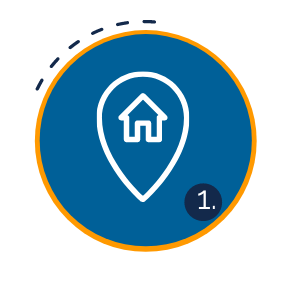
Step 1: Find a home
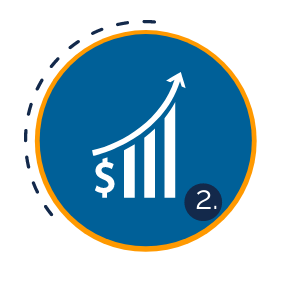
Step 2: Consider your financing options
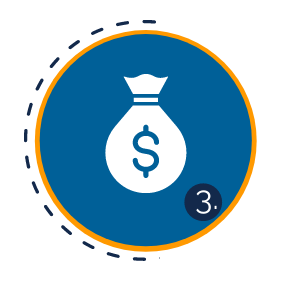
Step 3: Make an offer
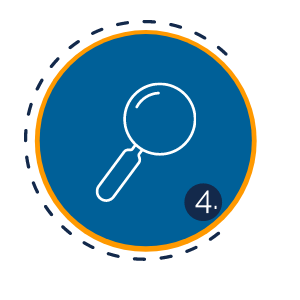
Step 4: Have the home inspected
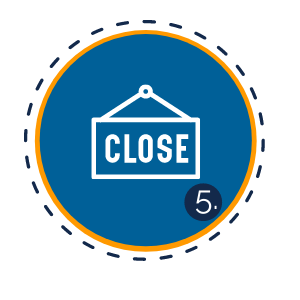
Step 5: Close-or move on
The Buying Process

Step 1: Find a home

Step 2: Consider your financing options

Step 3: Make an offer

Step 4: Have the home inspected

